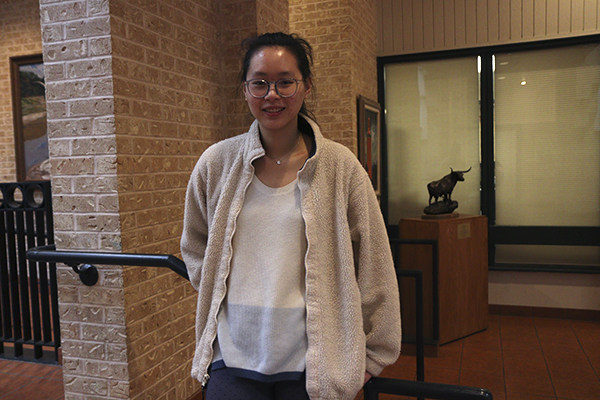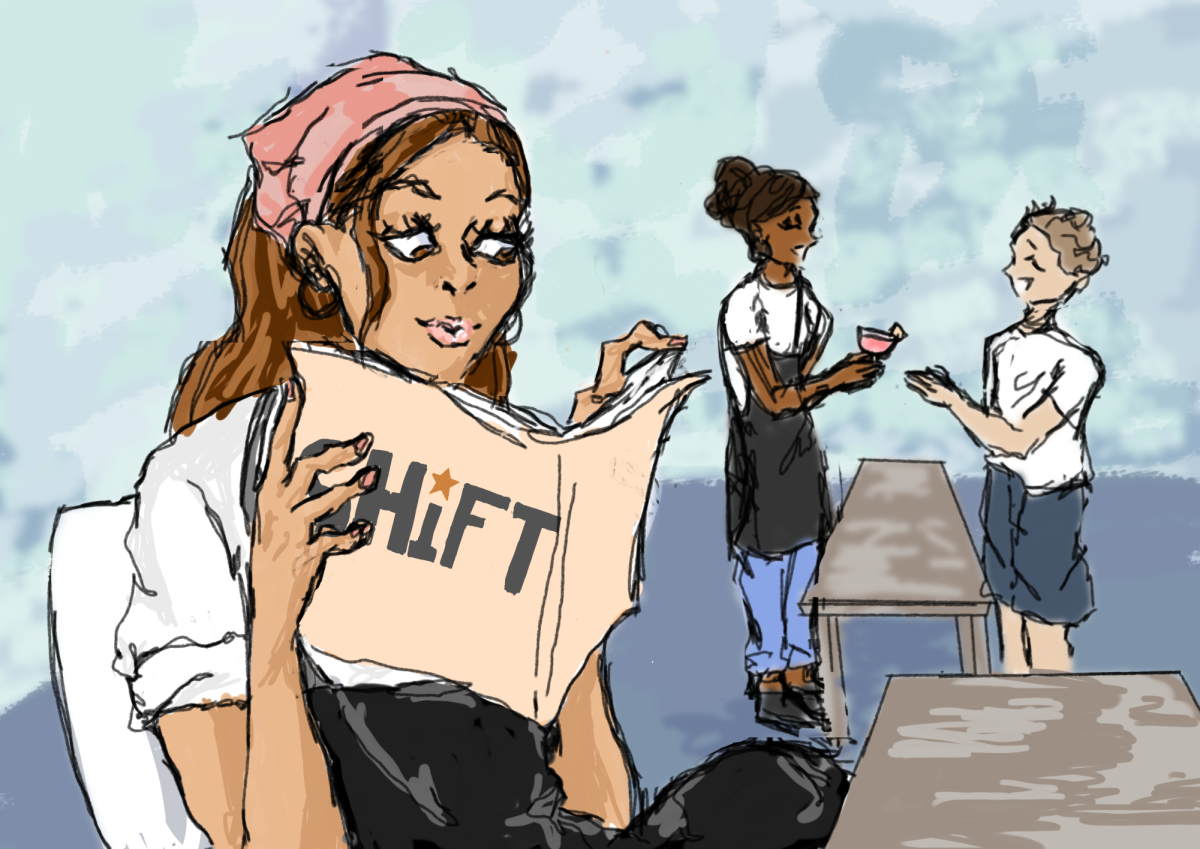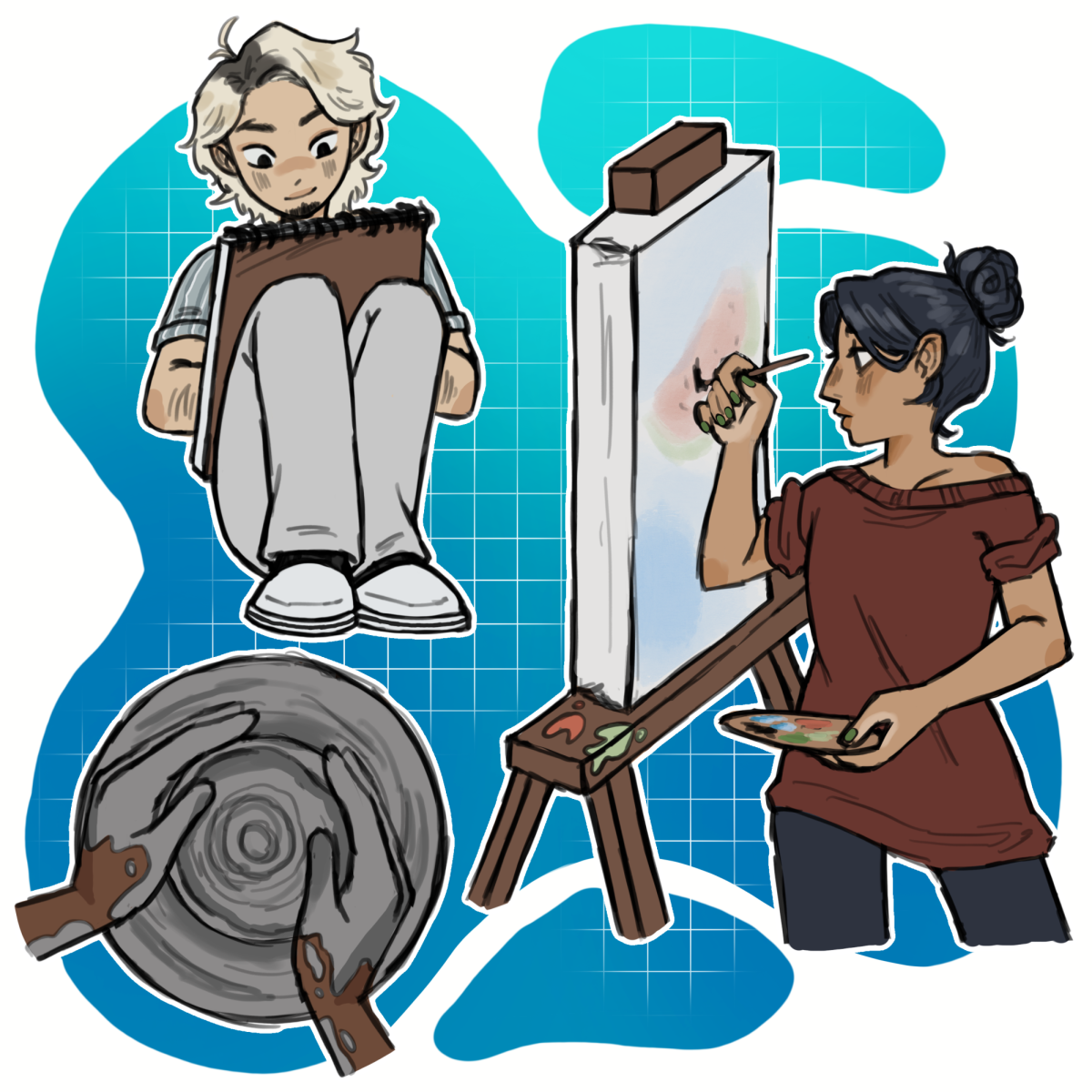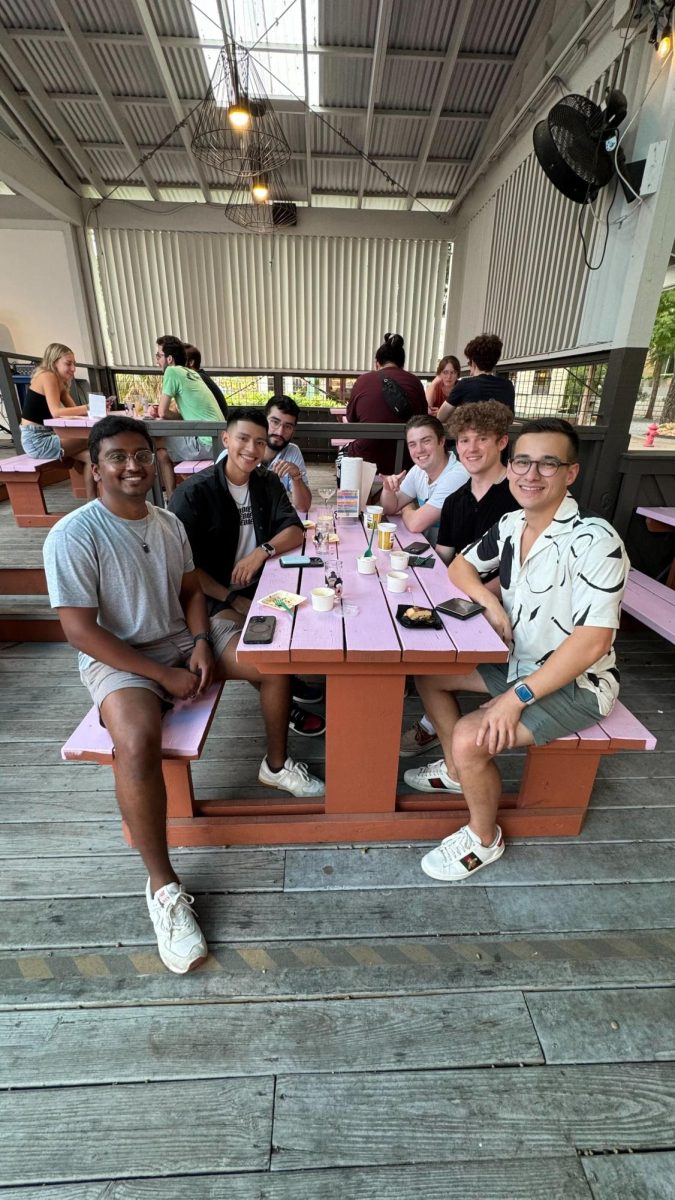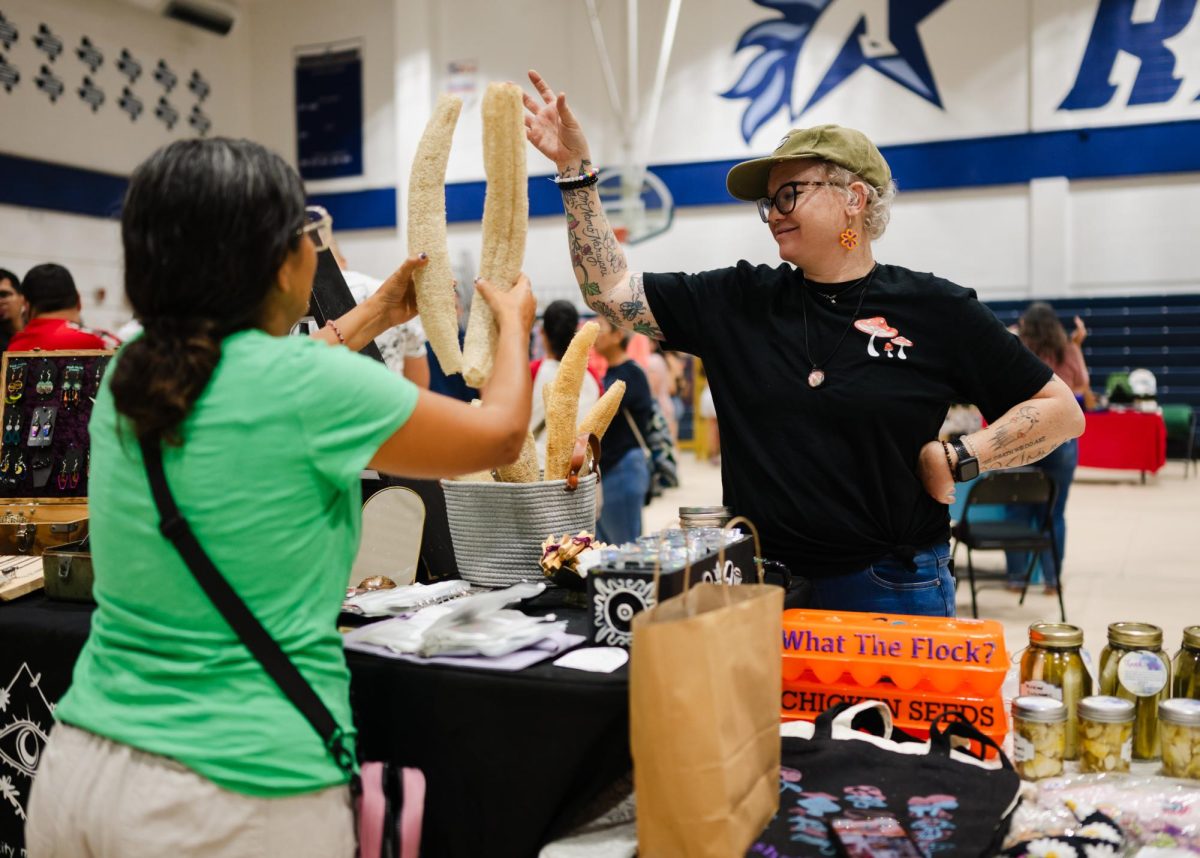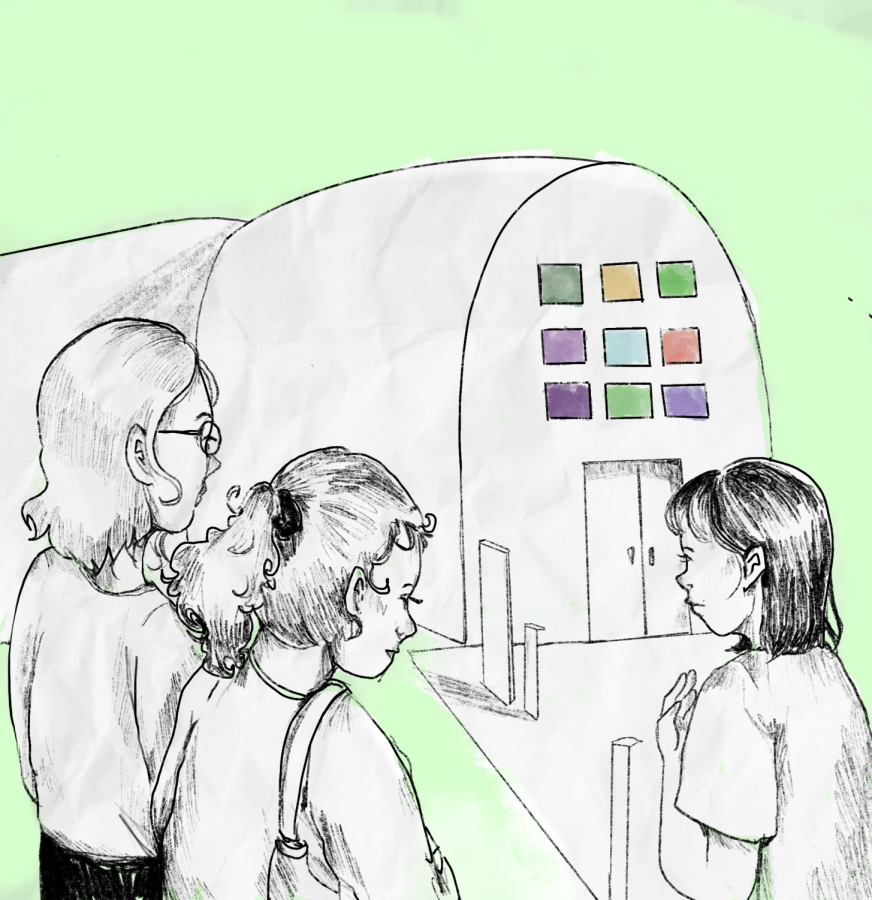Bombarded with offers of cups, T-shirts and other merchandise from various campus organizations, some students who are walking down Speedway jump at the opportunity for a free gift. Others are determined to decline anything that is not reusable, no matter how tempting.
“If it’s not something I want to eat or something that I see myself using in the future, I will refuse it,” sustainability junior Vivi Shu said. “(If) I’m just going to throw it in the trash, why don’t I let them keep it?”
Shu is one of many students striving to maintain a zero waste lifestyle, meaning they divert 90% of waste from the landfill to instead be composted, recycled, reused or repurposed.
While working on a project about the fashion industry’s rapid production rates, Shu said she became interested in the ethics of the origin of everyday objects and how much waste she produced daily.
“I have all this stuff, and I don’t even use half of it,” Shu said. “I had to start decluttering and realizing what stuff was really important to me.”
On a typical day, Shu carries a reusable water bottle and bag, metal spoon, straw and chopsticks.
“The hardest struggle is being prepared,” Shu said. “Living a busy lifestyle makes it a lot harder to plan ahead and buy groceries in bulk or avoid plastics in grocery stores.”
Shu said she has to make a lot of sacrifices while trying to maintain a zero waste lifestyle.
“A lot of the things we do are based on convenience, and we take (it) for granted,” Shu said. “It’s a burden for me to be prepared.”
Although Shu said her lifestyle choice is often misunderstood by others, she would rather take on the burden than be a burden for her environment.
“People say, ‘Well what does it matter? You’re one person out of many,’” Shu said. “And I’m like, well, that’s their choice. Maybe if I do it, more people will be encouraged to join.”
On a Universitywide scale, director of sustainability Jim Walker said creating a zero waste campus is complicated due to managing different campus entities and the size of the University.
“We’re a small city,” Walker said. “We have a lot of different buildings on campus. It all takes a conversation. It takes resources and funding to manage.”
In 2011, Walker said UT was aiming to be zero waste by 2020. Although estimates show the University currently diverts 40% of waste from the landfill, Walker said the conversation is ongoing to reach the suggested goal of 2030.
“We were very optimistic then,” Walker said. “We learned that there needed to be more work by the University on bins and signage, more awareness from students, staff and faculty about what to put where and more work with our vendors about contamination of nonrecyclables in the recycling bin.”
Biology junior Melanie Albrecht serves as a student intern at Resource Recovery, a group that manages UT’s Zero Waste Program and manages the daily campus changes that are implemented.
Albrecht runs audits on various dumpsters on campus to collect data about what is being correctly recycled and sorted.
“We see a lot of paper cups in the recycling when really those items should end up in the landfill trash or compost if they’re compostable,” Albrecht said. “All the other project teams kind of use that data to see where we need to target our efforts to increase our waste diversion.”
Resources such as digital textbooks, DocuSign, online syllabi and QR codes make a large impact on sustainability, Walker said.
Although sustainability is a global issue, Walker said it takes individual action to achieve and begin to see measurable change.
Both Shu and Albrecht said it’s important to avoid putting pressure on oneself to live a perfectly zero waste lifestyle and instead strive to change the factors students have control over.
“I can’t be perfect about this lifestyle. I have to find myself using it,” Shu said. “But I’m working towards it.”



